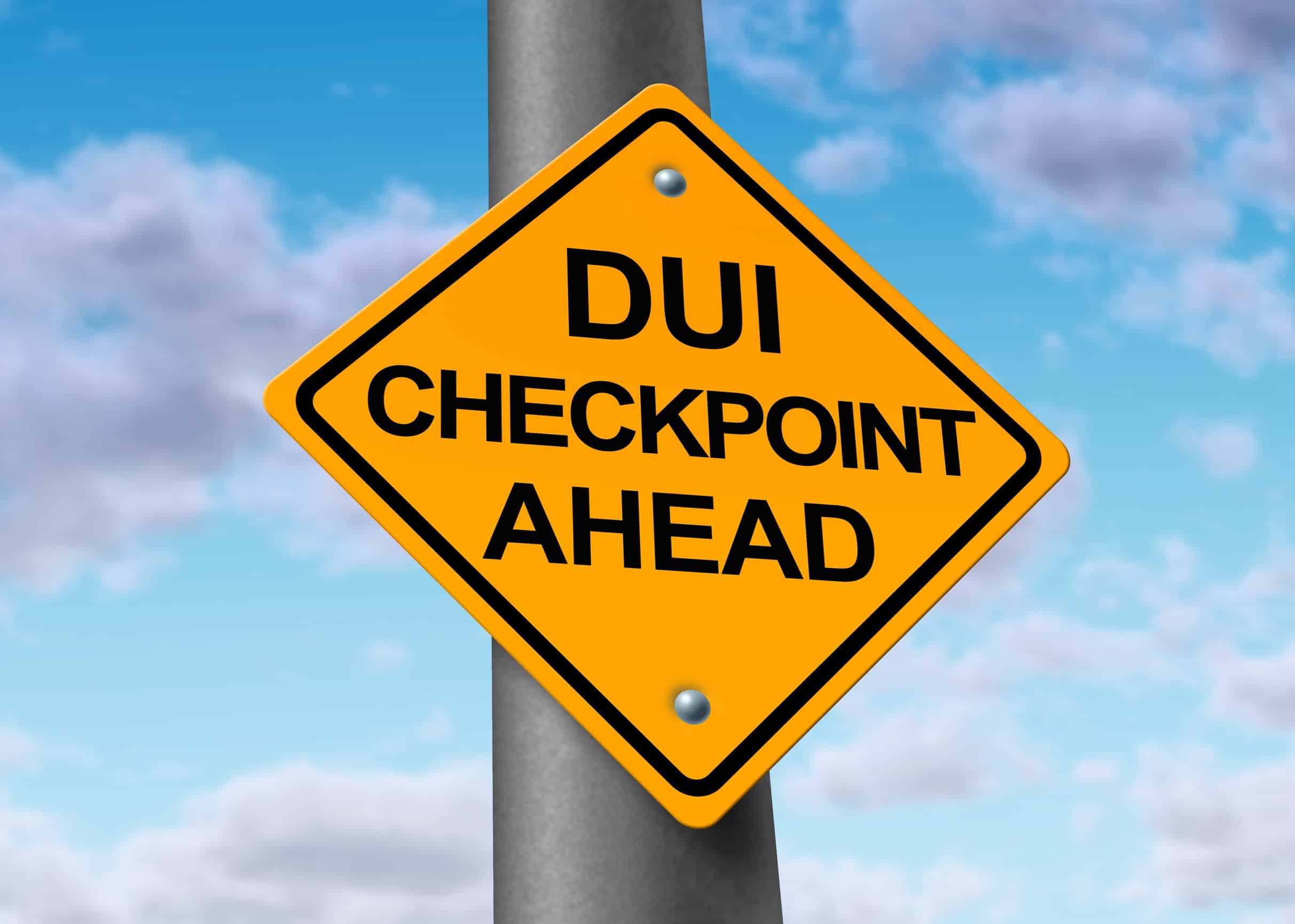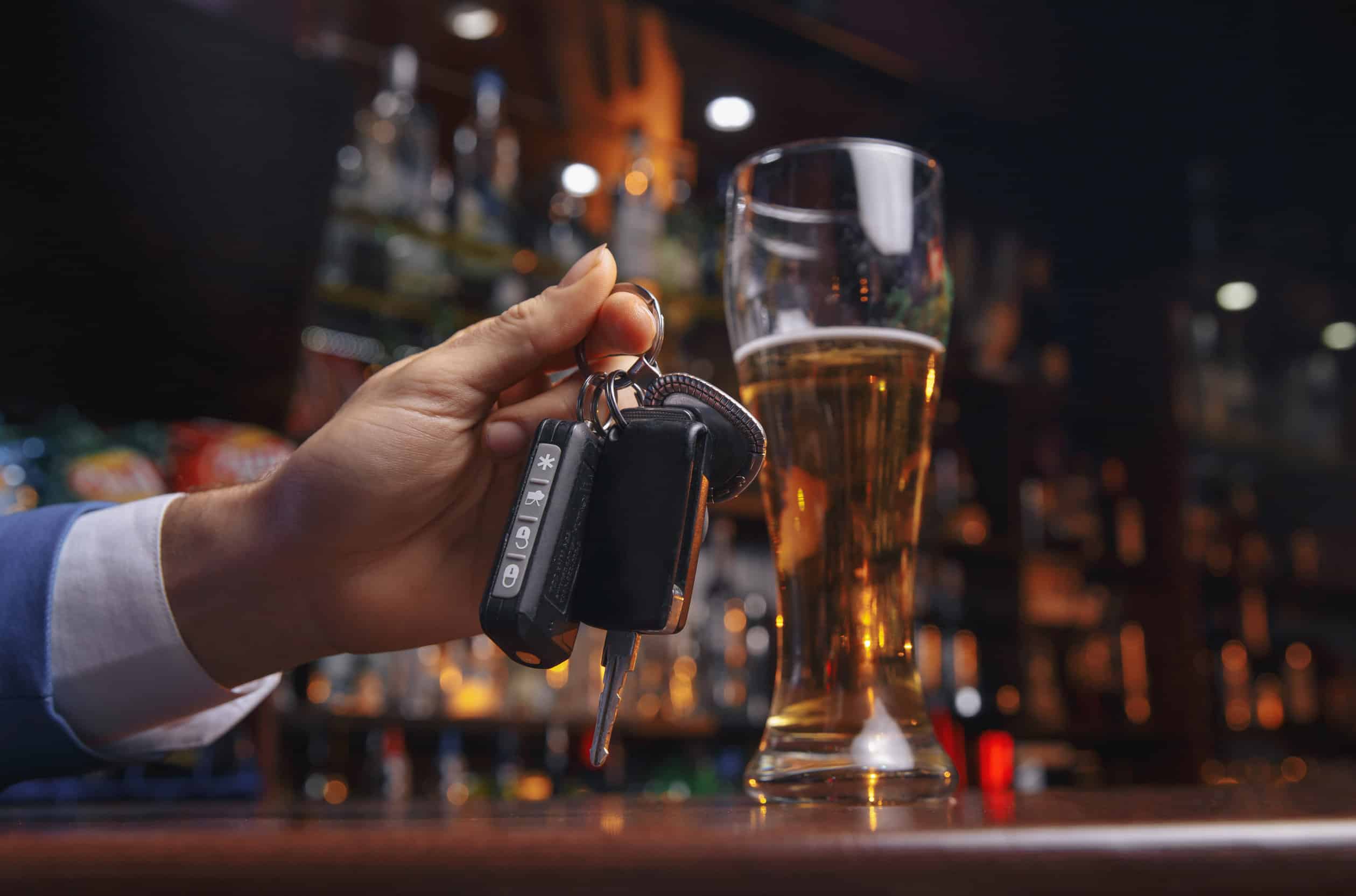- Home
- THE FIRM+
- Criminal Defense+
- CASE RESULTS
- AREAS WE SERVE+
- FAQ’s
- Blog
- Contact
AZHARI LLC BLOG
May. 25 2022
Do’s and Don’ts for IL DUI Sobriety Checkpoints

Posted By: Sami Azhari
Category:
Have you ever been driving home and then come upon a strange scene? Cop cars are stopping cars as they drive past, funneling them through a checkpoint to see if people have been drinking and driving?
Sobriety checkpoints do occur in Illinois, so it’s important to understand what you should – and shouldn’t – do if you encounter one. Keep reading to find out all you need to know about sobriety checkpoints in Illinois.
Are DUI Checkpoints Legal in Illinois?
Before you can get into what to do and what not to do at a DUI checkpoint, it’s vital to understand if these are even legal in the state of Illinois. Believe it or not, not every state allows DUI checkpoints.
Technically, Illinois doesn’t allow them either. Instead, they allow what are called “sobriety checkpoints.” At these checkpoints, there are certain procedures that law enforcement must follow to make sure the rights of those passing through are maintained.
Some of the procedures they have to follow include:
- Publicizing them in advance
- Clearly identifying them on the roads with signs and traffic cones
- A plan for stopping vehicles on the part of the officer in determining who and how to check that isn’t informed by bias
- Making sure there is probable cause before anyone is arrested
These procedures are critical to maintain the rights of those they stop, so even a small deviation can lead to reduced or dropped DUI charges against you.
What You Should Do
Now that you understand how sobriety checkpoints work in Illinois, you need to understand what to do when you come upon one. You should:
Always Stop
If the police ask you to stop, then you have to comply, whether you think they have probable cause to stop you or not.
Remember the Fifth Amendment
If you are asked questions by an officer at a sobriety checkpoint that you feel can lead to incriminating yourself, you don’t have to answer. These can include questions like “Are you drunk?” or “How much have you been drinking?” You can respectfully refuse to answer any questions like this under the Fifth Amendment. Remember, it’s their job to gather evidence against you – you don’t have to incriminate yourself for them!
Be Nice
No matter what, you should always be courteous to the police. This will help you in the long run and will make the situation a whole lot easier for everyone involved.
What Not to Do
Just as there are things you should do at a sobriety checkpoint, there are things you should not do, too. You should avoid:
Break Any Traffic Laws
While you are legally allowed to turn around to avoid a sobriety checkpoint, it’s vital to remember the rules of the road when you do. If it’s illegal to take a U-turn, refrain from doing so, or you could get pulled over anyway for reckless driving.
Don’t Complain
If you come upon a sobriety checkpoint and launch into a tirade about how inconvenient it is for you. Then you’re starting things off all wrong. No matter your feelings, make sure to be respectful and follow directions given to you by the police.
If you were caught up in a sobriety checkpoint and now face DUI charges, then you should talk to an experienced attorney as soon as possible to help you understand the charges against you – and begin working on your defense.
About the Author
Sami Azhari has been working as a lawyer since 2007, after receiving his Juris Doctor from the Michigan State University College of Law. He has handled numerous state and federal cases, and is known throughout the Chicago and Rolling Meadows area for providing his clients with high-quality, skilled representation. He has been recognized by Avvo (2013 and 2018), SuperLawyers (2015-2020), The National Trial Lawyers, and other notable organizations, and has spoken at a number of legal conferences.


























































